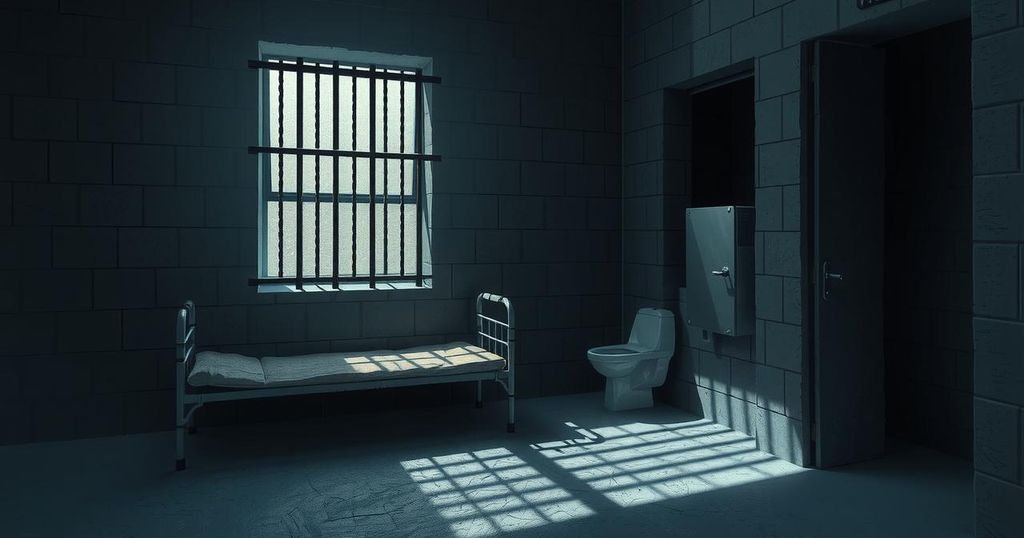Rodrigo Duterte’s Arrest: Political Fallout and ICC Involvement in the Philippines

Rodrigo Duterte, former President of the Philippines, has been taken into custody due to an International Criminal Court warrant regarding human rights violations from his presidency. His arrest follows a decline in his alliance with the Marcos family, with tensions escalating as political ambitions collide. The ICC’s actions in this case are under scrutiny amid its significance for both domestic and international politics, particularly concerning sovereignty and accountability.
Rodrigo Duterte, the former President of the Philippines, has found himself in custody as he approaches his 80th birthday. Following a flight from Hong Kong, where he was campaigning for upcoming mid-term elections among the Filipino diaspora, he was met by police in Manila. The Philippine government acted quickly to execute a warrant from the International Criminal Court (ICC) for his arrest, leading to his transfer to an air force base for transport to The Hague.
The precipitous decline of Mr. Duterte’s standing is both shocking and significant, especially for a figure once referred to as “the Trump of Asia.” Despite the objections of his legal team and family regarding the legality of the arrest, and concerns about his health, he was moved swiftly to face the ICC. Under his administration, he forged an alliance with the Marcos family, attempting to consolidate political power against threats posed by his successor’s ambitions.
During his presidency, Mr. Duterte oversaw a violent anti-drug campaign, which sparked international concern due to numerous extrajudicial killings. Although he withdrew the Philippines from ICC jurisdiction in 2019, the Court maintained its mandate to investigate alleged human rights violations committed before that date. This investigation was initiated amid growing tensions between the Duterte and Marcos factions.
Mounting strains resulted in the breakdown of their alliance, displayed through significant political maneuvers such as Sara Duterte’s controversial comments about President Marcos. With an impeachment trial approaching for Sara Duterte, her aspirations are at risk alongside the Duterte family’s political power. Meanwhile, President Marcos appears to have succeeded in diminishing his political rival’s influence.
The unfolding situation raises questions regarding the support for both political families ahead of the May elections. As President Marcos emphasizes compliance with Interpol and the ICC, he navigates the complexities of public sentiment about foreign interference, particularly in light of Duterte’s claims about his surrender to foreign powers. The ICC’s struggle for legitimacy also complicates the legitimacy of their actions as President Duterte is extradited.
Moreover, China has cautioned against the politicization of ICC cases, casting a shadow over the motivations driving this case against Duterte, as it intertwines with domestic political dynamics in the Philippines. The outcome of these events will have lasting implications for the political landscape of the country and the ICC’s capacity to enforce orders against powerful figures.
In sum, former President Rodrigo Duterte’s arrest is a pivotal moment reflecting the intricate interplay of power and politics within the Philippines. His alliance with the Marcos family has disintegrated, resulting in his custody in light of ICC investigations into his administration’s human rights abuses. The forthcoming mid-term elections will serve as a crucial test of political loyalty and public sentiment, while the ICC’s involvement faces scrutiny as it balances accountability against complex international relations. The repercussions of these unfolding events will shape the future of Filipino governance, political activism, and the role of international courts.
Original Source: www.bbc.com







